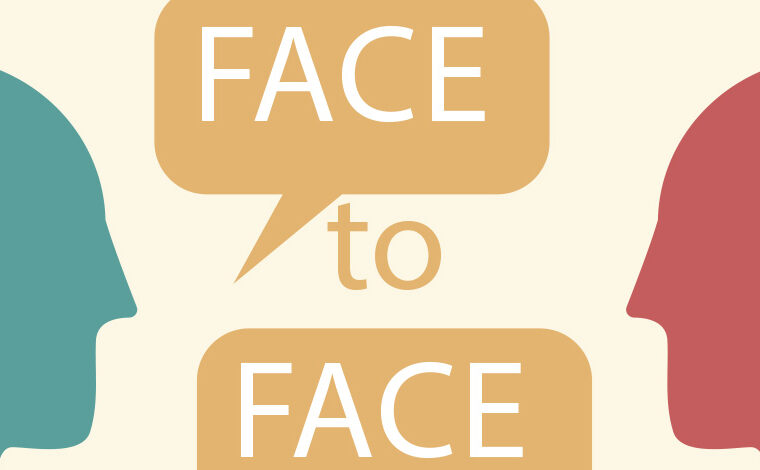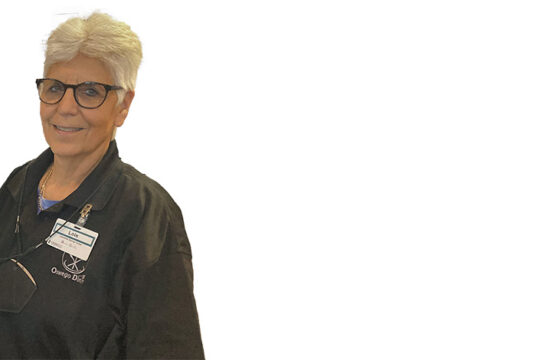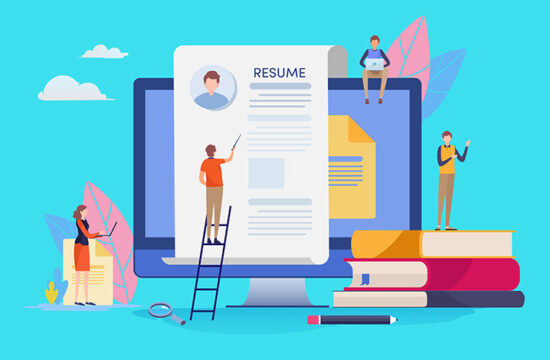Beyond texts, emails, and video chats: how personal interactions can be helpful
By Deborah Jeanne Sergeant
Generation Z lacks in one of the most important “soft” skills used in the workplace: verbal communication, according to the National Society of Leadership and Success.
Face-to-face communication is a big part of what Lekia K. Hill does as owner and founder of the Powerful Voices app as she builds her company. She also consults on diversity, equity and inclusion and works as the community outreach and diversity coordinator for Hueber-Breuer Construction Co., Inc. in Syracuse.
“The pandemic interrupted where they’d normally learn these skills,” Hill said. “Interpersonal skills are important for getting a job and for leveling up your career. Many students do not learn speaking skills at school.”
A lifetime of texting and the most recent years’ isolation have stunted verbal abilities. Although you may feel most comfortable communicating through text or video chats, in-person communication involves so much more, such as eye contact, estimating appropriate personal space, conversational pauses, subject transitions, and more.
So, what can you do to improve your communication skills?
• Practice on your parents. Of anyone, your parents will likely offer more support for this issue and help you practice small talk and interview questions. Unlike your peers, they grew up using mostly oral communication.
• Practice on other adults. “Set up mock interviews with your parents’ friends,” Hill said. “Most young adults don’t like talking with their parents in this context. And it can be hard to receive constructive criticism from your parents.” Their impartial friends’ viewpoint and feedback can likely help you improve more than your parents’ input.
• Set aside your phones. While socializing, don’t just scroll through your phone to share reels and memes. Actually talk with your friends.
• Talk with strangers. Strike up small talk with a store clerk, hair stylist, or anyone else you encounter. Talking with people older than yourself, as they likely are savvier at verbal communication, can help.
• Improve your knowledge on speaking. “There are lots of articles and videos online that are free,” Hill said. “Be honest with yourself about what you don’t know.”
• Join a group. Business groups related to your future career or a general young businessperson’s group can help you improve your communication skills. Or try ToastMasters International. “It’s a friendly environment,” said Edward Parmenter, member of Syracuse chapter. “When someone gives a speech, we tell them what they did well along with a suggestion for improvement. It boosts your confidence. No one ever gets a bad evaluation. It’s honest but positive.”












